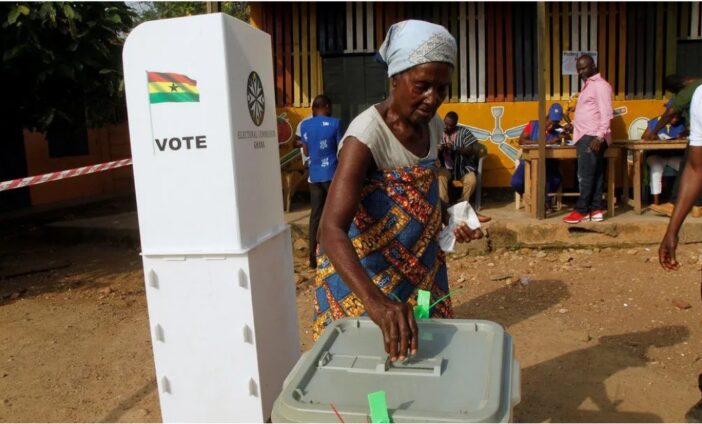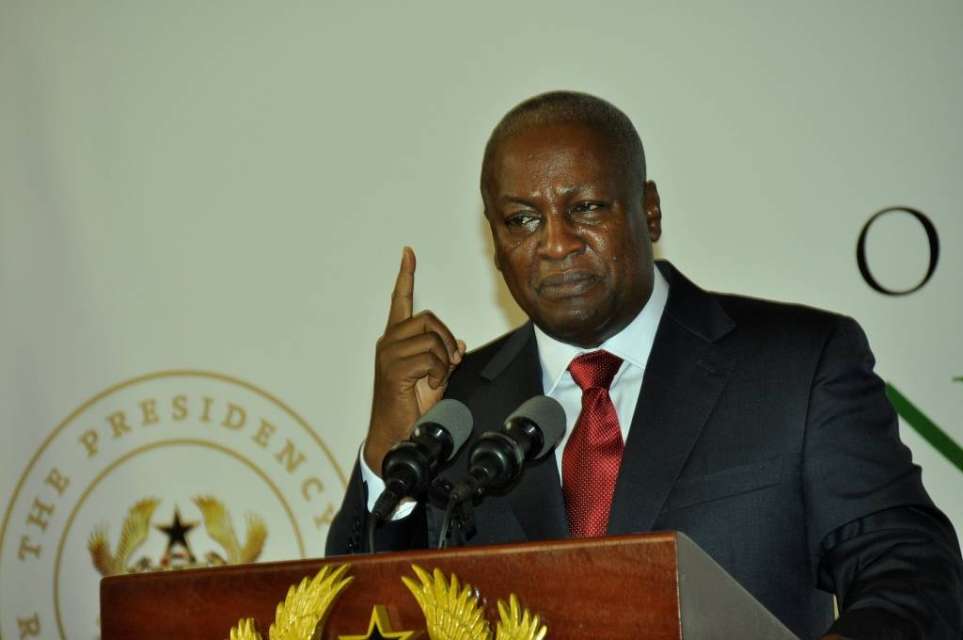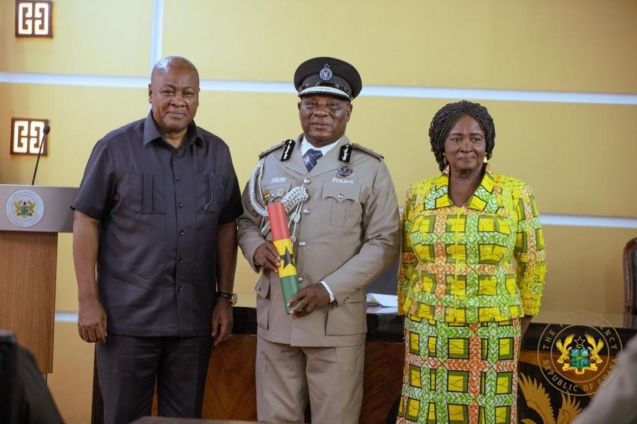Ghanaians are going to the polls today, December 7, to elect a new president and 275 members of Parliament in what promises to be one of the most pivotal elections in the country’s history.
The e election follows the end of President Nana Akufo-Addo’s tenure, as he completes the constitutional two-term limit.
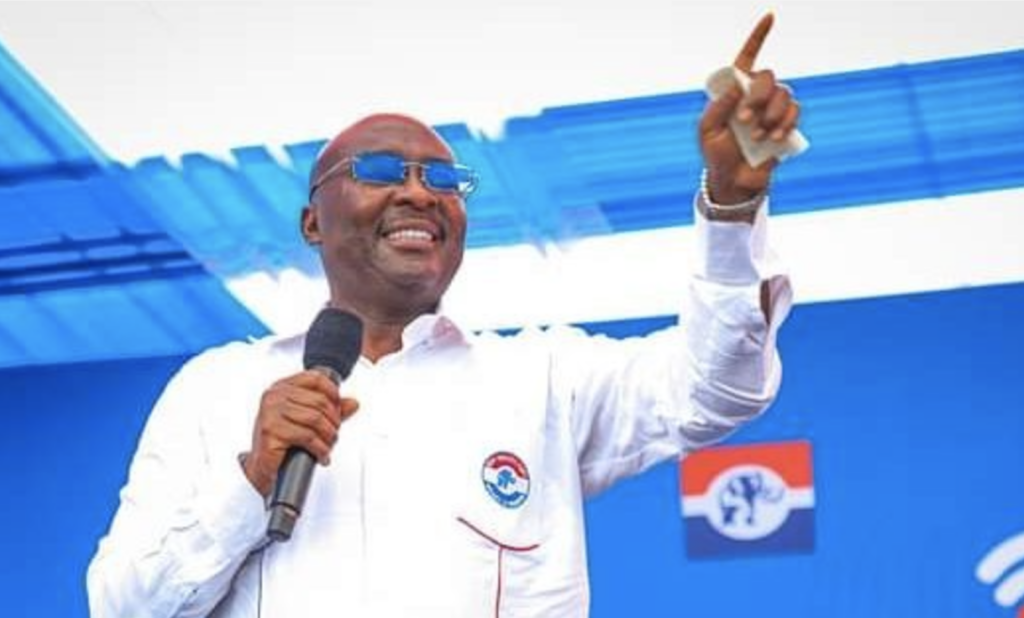
The contest to succeed him has centred on Vice President Dr Mahamudu Bawumia of the New Patriotic Party (NPP) and former President John Dramani Mahama of the National Democratic Congress (NDC).

Dr Bawumia, a seasoned economist is running on a platform of continuity, emphasising the NPP’s record of economic reforms, digitalisation, and infrastructure development
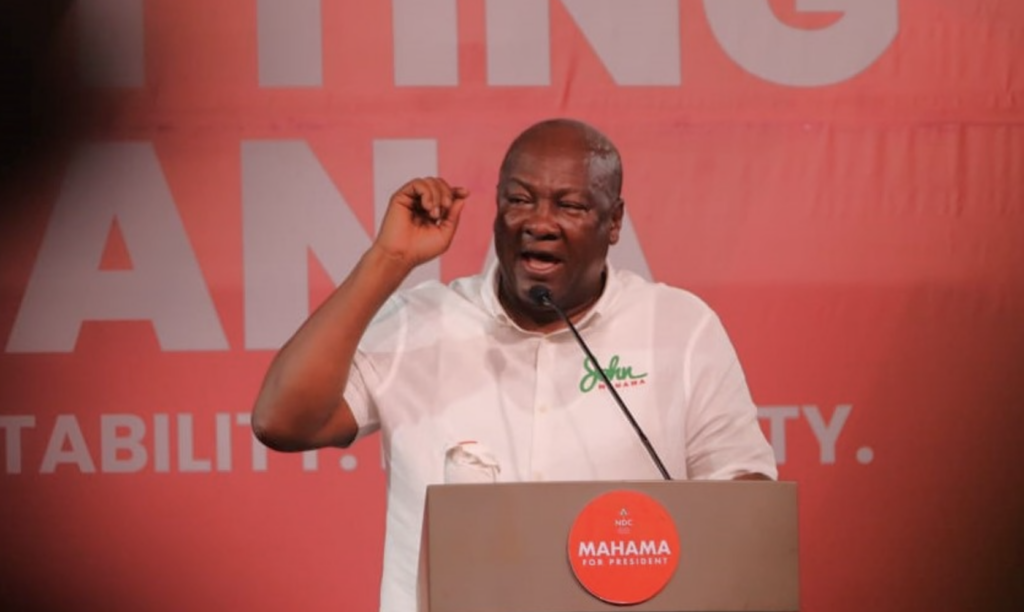
Meanwhile, John Mahama is seeking a return to power, offering a message of economic relief and social inclusivity, as the NDC criticises the governing party for economic challenges, including rising inflation and unemployment.
Other Presidential Contenders
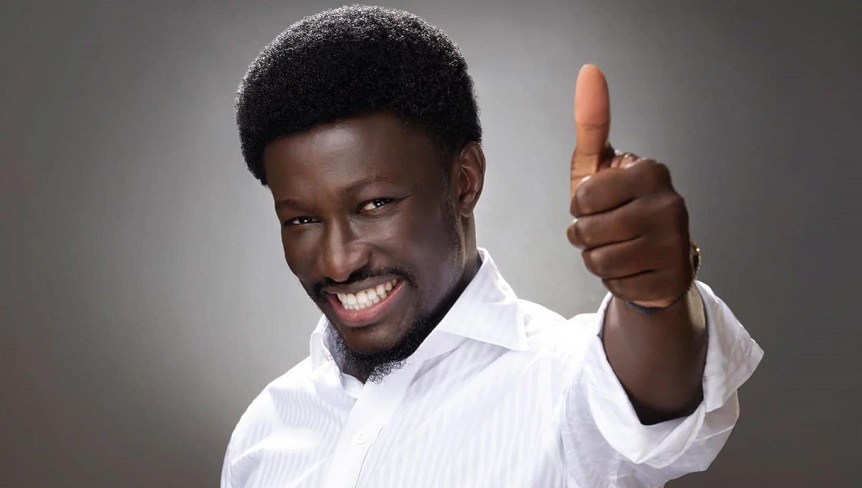
While the spotlight remains on the two major parties, 12 other candidates are vying for the presidency. These include representatives from smaller political parties such as Daniel Augustus Lartey (GCPP), Christian Kwabena Andrews (GUM), Kofi Akpaloo (LPG), Nana Akosua Frimpomaa Kumankuma (CPP), Hassan Abdulai Ayariga (APC) and Mohammed Frimpong (NDP).
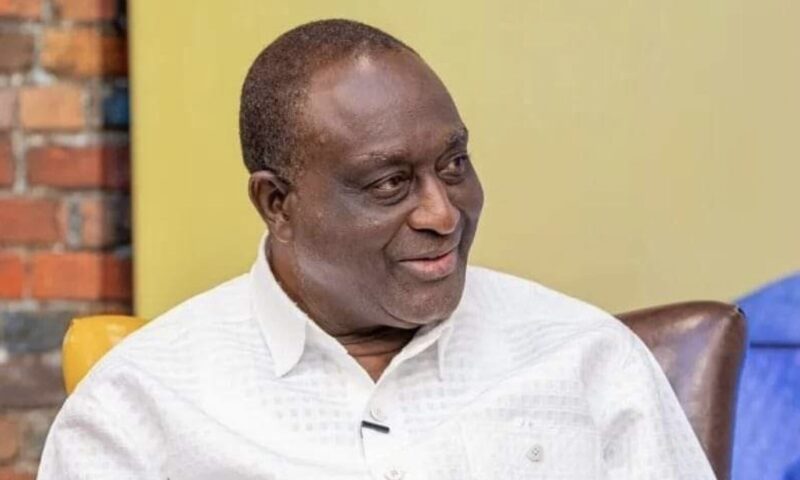
In addition, four independent candidates – Alan Kwadwo Kyerematen (), Nana Kwame Bediako (), Kofi Koranteng (), and George Twum-Barima-Adu () – add a unique dynamic to the race, each emphasising innovative policy proposals aimed at breaking the duopoly of the NPP and NDC.
Key Issues and Trends
This election revolves around several pressing issue;
1.Economic Hardship: Ghana’s economic landscape has faced significant challenges, including rising inflation, high debt levels, and youth unemployment. Both major candidates have tailored their campaigns around restoring economic stability.

2. Youth and Technology: With a growing youthful voter base, the influence of technology, digital campaigns, and social media will play a crucial role in shaping outcomes.
3. Corruption and Governance: Transparency and accountability have been key talking points, as citizens demand stronger anti-corruption measure
Areas to Watch
1. Greater Accra and Central Regions: Often swing regions, these areas could determine the overall outcome of the presidential race.
2. Ashanti and Eastern Regions: Traditional NPP strongholds are expected to show overwhelming support for Dr Bawumia.
3.Volta and Northern Regions: NDC bastions will test Mahama’s ability to consolidate his party’s traditional base.
4. Western and Bono Regions: These regions have shown fluctuating voting patterns and could act as key battlegrounds.
Electoral Preparedness

The Electoral Commission (EC), led by Chairperson Jean Mensa, has assured Ghanaians that all electoral materials have been deployed to polling centres nationwide.
“We are all set to go,” Mr Mensa said in a press briefing, emphasising the commission’s commitment to ensuring free, fair, and credible elections.

As Ghanaians prepare to cast their votes, the world watches a nation celebrated for its democratic maturity.
Will Dr Bawumia secure a historic first-term victory for the NPP, or will John Mahama reclaim power for the NDC
Source : Myjoyonline.com

